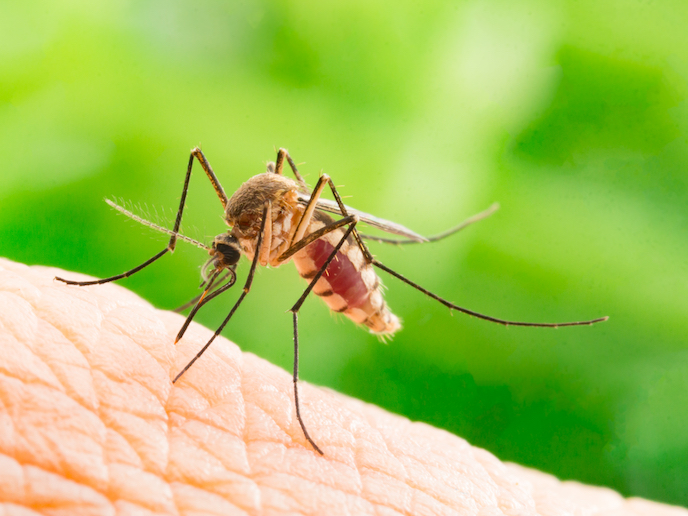Understanding parasite invasion
The phylum of Apicomplexa contains over 5 000 different parasites that take their name from the polarised pole of secretory vesicles. During the acute phase of infection (after colonisation of the small intestine), Toxoplasma parasites manage to evade host immune responses and hide for life in deep tissues. Although they remain latent, during cancer or HIV infection Toxoplasma parasites can wake up and cause life-threatening inflammatory diseases.The mechanism of host cell entry is believed to commence with the formation of a tight junction that facilitates parasite attachment to the host cell. This junction serves as a platform for parasite penetration and propulsion within a specialised intracellular vacuole, facilitating parasite survival and growth.The molecular determinants of the parasite entry process remain unclear. With this in mind, the EU-funded project 'The role of host cell actin cytoskeleton in invasion by Apicomplexa parasites' (API-INVASION) used both Plasmodium and Toxoplasma species to dissect the relevant molecular mechanisms.Scientific evidence indicates that during host invasion, the parasite anchors on a cell protrusion mediated by the cytoskeletal protein actin. API-INVASION focused on parasitic molecules that facilitate the formation of a junction between the parasite and the host cell. Results showed that parasites possess specialised vesicles that secrete proteins (roptry neck proteins and apical major antigen-1) into the host cell surface membrane, thereby facilitating invasion. Parasites deficient in one of these proteins exhibited significant impairment in their invasive capacity but still retained the ability to form a tight junction with the host cell. This underscores the importance of parasite attachment prior to invasion.Another parasitic protein, toxofilin, was also shown to bind host cell actin, cause the disassembly of the cellular cytoskeleton and facilitate parasite entry. This data reinforced the model of cytoskeletal remodelling during Toxoplasma invasion.Collectively the work by the API-INVASION study challenged existing theories and demonstrated the importance of host cell membrane dynamics for parasite entry. Apart from fundamental biological knowledge, the generated information could be pharmacologically exploited to tackle parasite infection.







